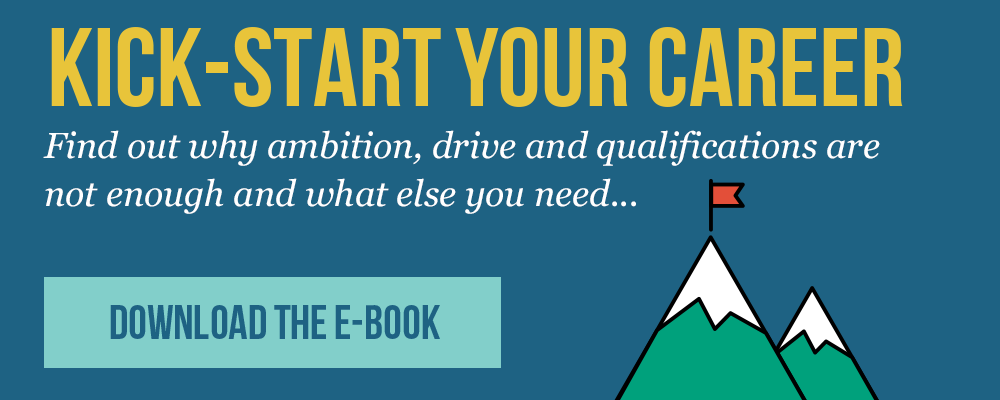
So you’ve made it through uni, passed with flying colours – and maybe even found time to play hockey or get involved in the student union – and now you’ve just secured yourself an internship for the summer after exams. Your career plans and ambitions can now be your sole focus. This really marks a huge change from what you’ve been doing for the last few decades (studying). Formal education is over (for now), and you have the chance to take control of the direction of your career. But what to expect? The job at the local corner shop you might have had during school summers introduced you to workplace values, but won’t have prepared you for what to expect from graduate work. Don’t worry – we’ve written this blog to give you a heads up of what to expect during your first year of your chosen career and the workplace values you can start developing now.
Be patient with yourself as your settle into a new role
Most jobs, regardless of the industry, will require you to hit the ground running. Those first few weeks of work are going to feel like information overload, and that you’ll never be able to handle it all. That’s OK – it’s a completely normal feeling to have. Settling into a new role takes more time than you’d think, and happens in stages. First you get to grips with the basics of the role and the company. Next comes adapting to your team and bosses, and the social dynamics of your organisation. Once you really start to feel like you’ve settled in, you can really start shining in the role. The trick here is to anticipate the workplace values and skillsets that you’ll need for that position. Knowing that you’re prepared will give you that extra dose of confidence that’ll make the easing in process that much smoother – you’ve heard the phrase ‘failing to prepare is preparing to fail’, right?
Prepare yourself for a steep learning curve and then some
Your first year of work will be one of the steepest learning curves you’ll probably have encountered. Unlike at uni, where lecturers and tutors can slow the pace down and guide you through tricky subjects, in workplaces there’s limited hand-holding. You’ll be performing tasks you won’t have done before, will have to be accountable for everything you do and integrate yourself into office dynamics, to name a few things. Remember, your job has been designed to help an organisation achieve its business goals, and you’ll be expected to work in line with these. Making a first impression is key in all this (it takes our minds only a split second to do this!), so make sure you work hard to get up to speed quickly. Also keep in mind that many employers think it takes graduates too long to start adding value, so it’s really important that you put the extra effort in early on.
It might sound cliché, but communication is key
One of the most important workplace skills you need to develop is excellent communication skills. As we iterate in our guide, workplaces function around teams. And if teams are to function effectively and help achieve business goals, the individuals in those teams need to be able to communicate well with each other and with different departments within the organisation. Think about how many situations in your own life have been messed up due to bad communication. Poor communication in your personal relationships is unpleasant, but poor communication at work creates havoc that can have serious consequences.
Variety might be the spice of life, but it’s also an unavoidable part of work
We hate to break it to you, but any job you do in life will involve doing things you don’t enjoy – or outright hate. Even your dream job will have mundane or uncomfortable elements that you simply have to carry out. One difference between a good employee and a bad employee is the way in which they do the tasks that might not be to their interest or expertise. Your attitude says a lot about you and how seriously you take your work. If you’re not enjoying a task, keep those thoughts to yourself and continue with a smile. You might even find you start enjoying them. The wide variety of tasks you’ll take on during your first year of work is an excellent opportunity to widen your skill set and hone your employability skills.
Your transition to working life can be made simpler by developing the right work skills and workplace values well before your first day on the job. These workplace values and skills will also set you up to succeed in the long term throughout your career. Our Industry Engagement Programme (IEP) will introduce you to the skills and attributes employers are looking for and help you plan your dream career.
Download our guide to our employability skills course if you’d like to learn more about what employers seek from graduates:


